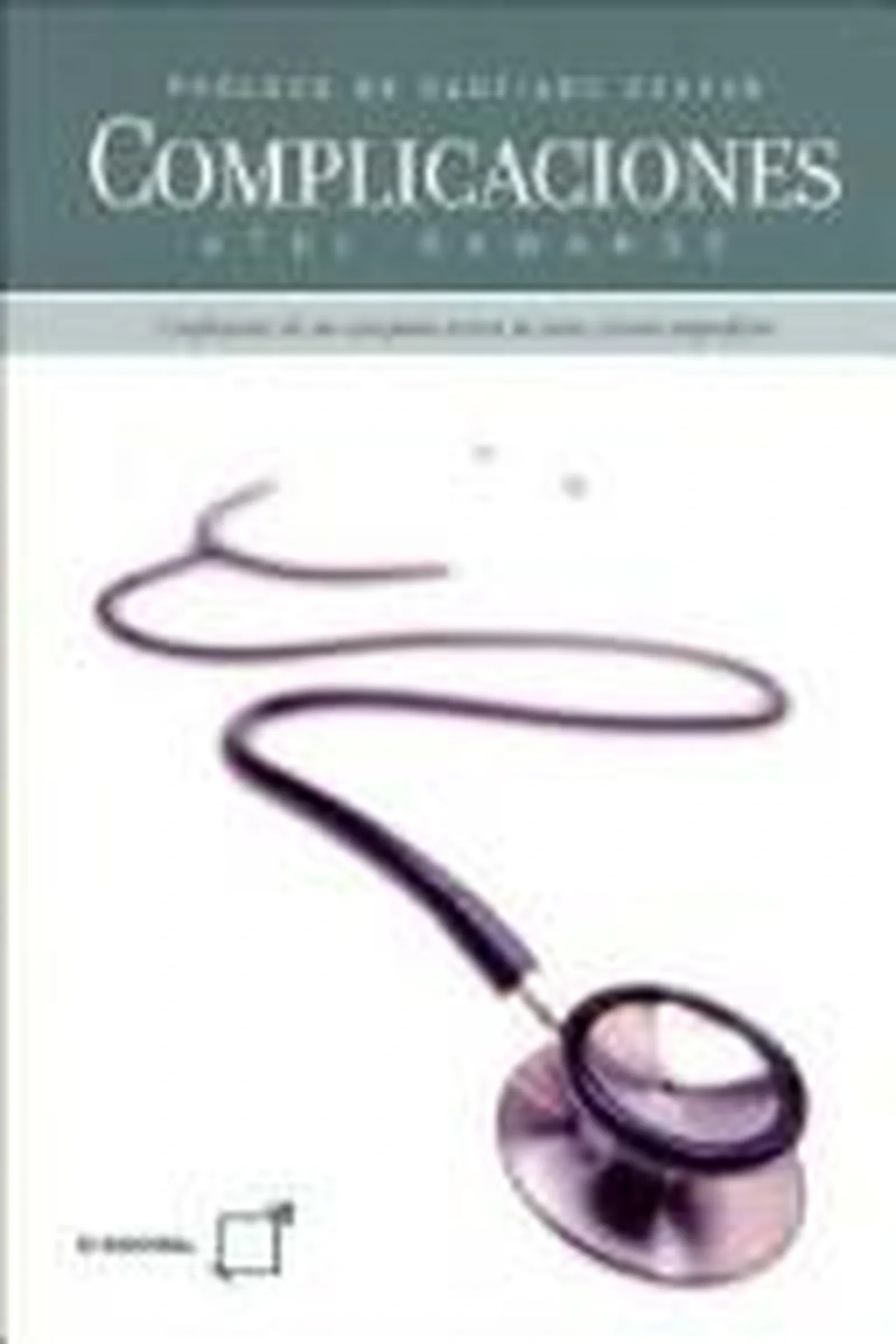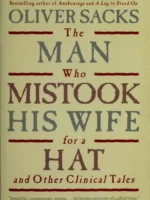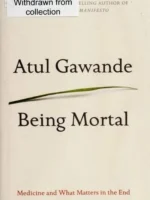Complications, Atul Gawande, 2002
- Author: Atul Gawande
- Genre: BioMedicine
- Publisher: Metropolitan Books
- Publication Year: 2002
- Pages: 269
- Format: Paperback
- Language: English
- ISBN: 978-0312427299
- Rating: 4,1 ★★★★☆
Complications Review
About
Published in 2002, Atul Gawande’s Complications: A Surgeon’s Notes on an Imperfect Science is a candid, compassionate look inside the operating room—and inside the mind of a doctor learning to balance skill, uncertainty, and humanity. Written while Gawande was still a surgical resident, the book peels back the veil on medicine’s uneasy truth: even experts are fallible, and every success is built on learning from failure. It’s not a book about perfection—it’s about honesty, humility, and growth.
Overview
Structured as a series of essays, Complications blends memoir, case study, and reflection. Gawande examines difficult topics: medical errors, intuition in diagnosis, and the uneasy boundary between training and experimentation. His tone is neither defensive nor detached; instead, he writes as a participant-observer, acknowledging his own missteps and doubts. Each story—whether about a mysterious nausea, a botched line insertion, or a man addicted to eating—serves as a lens into how doctors think, cope, and evolve.
Summary
(light spoilers) The book opens with Gawande’s account of learning surgery—hands trembling, judgment forming under pressure—and expands to examine the larger system that trains doctors to take risks on real lives. He discusses how uncertainty drives both discovery and danger, how intuition sometimes outperforms evidence, and how doctors must live with moral tension: the responsibility to act without full knowledge. Cases range from the strange to the tragic, each written with empathy and restraint. The final chapters frame medicine as an ongoing experiment, one in which humility may be as vital as skill.
Key Themes / Main Ideas
• Fallibility — doctors are human, and medicine is never absolute.
• Learning through failure — progress demands risk.
• Empathy and distance — balancing care with clarity.
• Uncertainty — embracing ambiguity as part of the craft.
• The moral weight of knowledge — knowing when to intervene, and when to step back.
Strengths and Weaknesses
• Strengths — Honest, lucid writing that makes complex medicine understandable.
• Strengths — Gawande’s humility gives the stories emotional and ethical depth.
• Weaknesses — Some essays feel clinical; readers seeking closure may find the open-endedness frustrating.
• Weaknesses — Occasional detachment from patients’ perspectives, though intentional, underscores the book’s theme of moral distance.
Reviewed with focus on themes, audience, and takeaways — Atul Gawande
| pa_author | Atul Gawande |
|---|---|
| ISBN | 978-8-562-99262-8 |
| pa_year | 1985 |
| Pages | 554 |
| Language | English |







